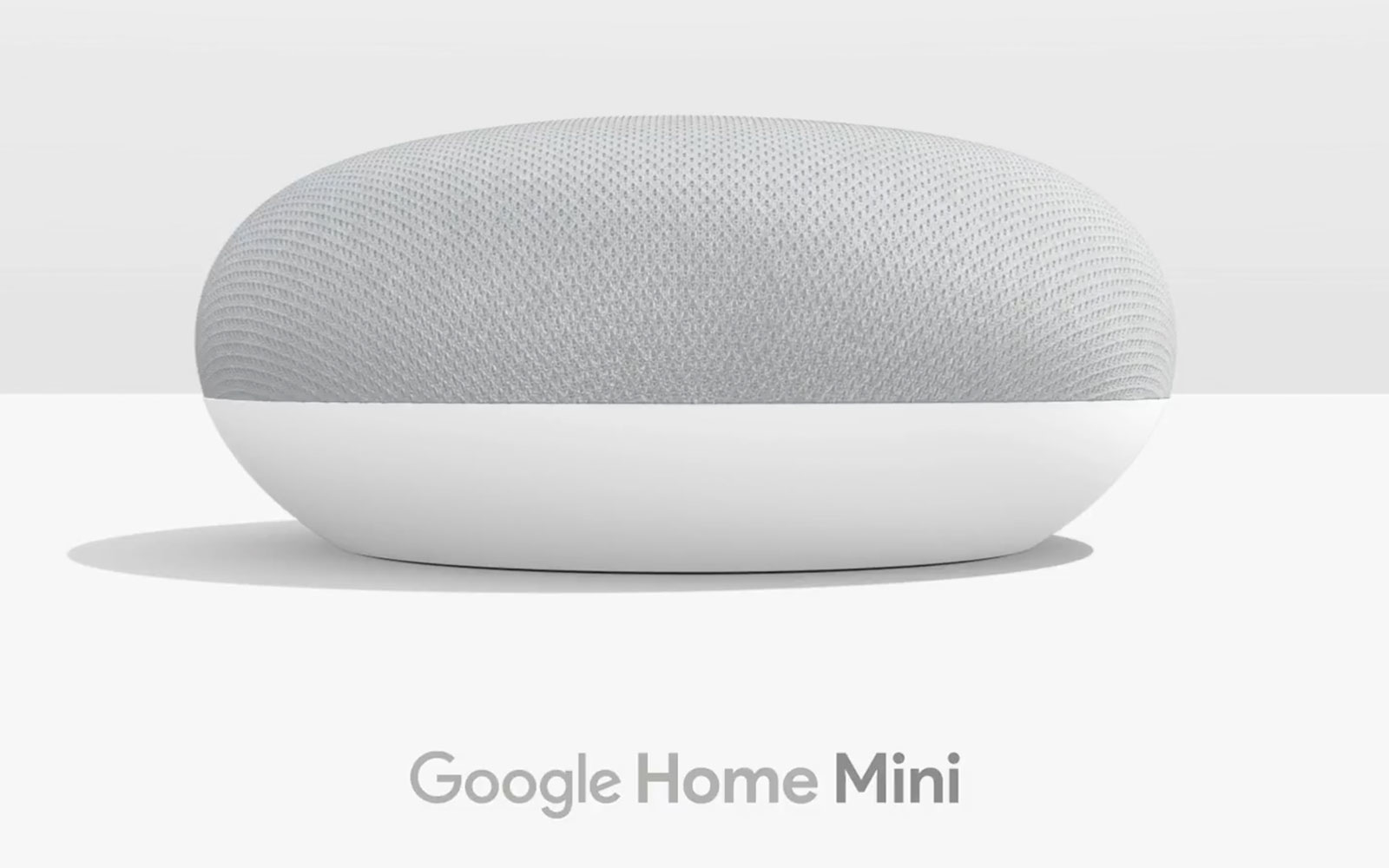
Some Google Home Minis found to be secretly recording everything they hear
With the Google Home Mini, the search giant was hoping to get its smart speaker into more homes than ever before. But the latest privacy revelation about the device means that people may think twice about buying one.
Artem Russakovskii from Android Police was the first to -- publicly -- talk about the issue. He noticed that his Google Home Mini was active and recording sound throughout the day, not only when he uttered the "OK, Google" keyword. Google says that the privacy violation is down to a bug.

New platform cuts the cost of using Google BigQuery
Companies often have multiple business intelligence tools deployed across different departments. This means IT teams can end up having to build data pipelines dedicated to each tool at the cost of agility and resources.
BI and big data specialist AtScale is launching its latest platform, AtScale 6.0, which aims to help users deploy analytical workloads on Google BigQuery, cut costs and speed up delivery of results.
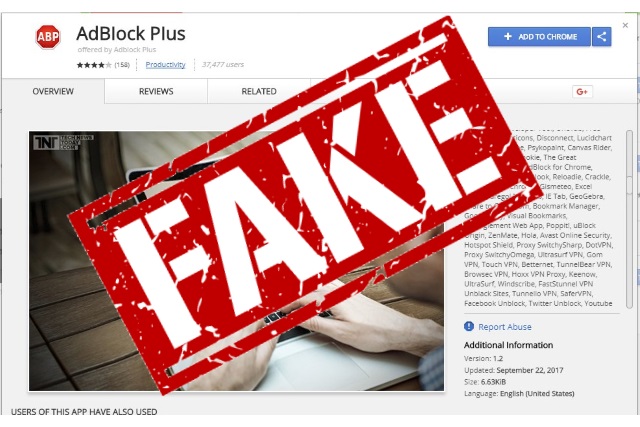
Fake Adblock Plus extension fools thousands of Chrome users
The proliferation of online ads means that more and more people are turning to ad blockers, and Adblock Plus remains one of the most popular. Taking advantage of this, fraudulent developers pushed a fake version of the Adblock Plus extension into the Chrome Web Store, bypassing Google's checks and filters.
In all, 37,000 people were tricked into downloading the fake version of Adblock Plus. Google has now acted and removed the fake listing from the store.
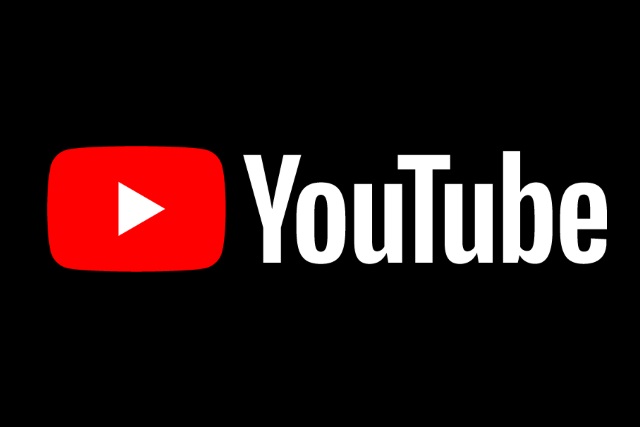
YouTube bans bump stock videos after Las Vegas shooting
YouTube has introduced a ban on videos that provide instructions on how to modify guns to make them fire more quickly. The move comes in the wake of the Las Vegas shooting -- the deadliest in US history -- in which Stephen Paddock used guns fitted with bump stocks to increase the firing rate of his weapons.
The Google-owned video site has been used to share instructional video showing how to adapt guns in the same way. Following the mass shooting, which left dozens dead and hundreds injured, a clamp-down has been introduced.
Google's 'bezel-less future' is why the Pixel 2 and Pixel 2 XL have no headphone jack
An increasing number of smartphones are ditching the traditional 3.5mm headphone jack, and the Pixel 2 and Pixel 2 XL follow this trend. While it is something of an inevitability that the old-style jack will be completely replaced, there are still plenty of people who mourn its loss.
While there is a move towards more widespread use of Bluetooth headphones and other alternatives, many people still question why the 3.5mm has to go. Now Google has offered something of an explanation, putting it down -- at least in part -- to the "bezel-less future" of phones.

Google: By only patching Windows 10, Microsoft is putting Windows 7 and 8.x users in danger
We all know that Microsoft’s focus is on Windows 10. The software giant wants users to upgrade to its new operating system, and has regularly spoken about how that OS keeps users safe.
However, according to Google Project Zero researcher Mateusz Jurczyk, by focusing on patching Windows 10, and not applying the same fixes to Windows 7 and 8.x, Microsoft is actually putting users of those two older operating systems at risk.
Google's instant-translation Pixel Buds are its most incredible release yet
There were numerous exciting releases announced by Google yesterday, but perhaps the most exciting -- certainly the most impressive -- was the Pixel Buds. Forget Apple's AirPods, Google's earphones have a mind-blowing trick up their sleeve.
Designed (ideally) for use with the Pixel 2, the Google Pixel Buds can translate spoken words on the fly. Real-time translations -- the Babel fish made real and implanted in your ear -- is now a reality, allowing for conversations between two people speaking different languages.

Google Store flubs Pixel Product Preorders
I would like to thank Google for saving me thousands of dollars in needless spending. Near the end of today's gangbuster hardware event, I was ready to order two new Chromebooks and smartphones, one each for me and my wife. But "error 500" pages on the company's store website and long-lead new product availability dates prompted me to cancel the one order successfully made and to delete the others in process from my shopping cart.
For a company whose product managers droned on this morning about all the reasons why artificial intelligence is so right, Big G got the store selling experience all wrong. I have waited through most of 2017 for a new Google-branded Chrome OS laptop. While hardly a fresh hardware design concept, Pixelbook is nevertheless tempting enough to bring me back to the AI and voice-assistant contextual future from the Apple rotting on the overly-obsessed touch-UI tree. I was willing and ready but instead walked away angry.
Google's new Pixel 2 and Pixel 2 XL get three years of software updates
Google just announced the second-generation Pixel smartphones. The new Pixel 2 and Pixel 2 XL, which come with Android 8.0 Oreo, feature a best-in-class camera, improved display with always-on functionality, faster internals and more storage than before.
The main differences between the Pixel 2 and Pixel 2 XL are in the display and battery departments. The Pixel 2 features a 5-inch AMOLED screen with a resolution of 1,920 by 1,080 and 16:9 aspect ratio whereas the XL version comes with a 6-inch pOLED panel with a resolution of 2,880 by 1,440 and 18:9 aspect ratio. The Pixel 2 XL has the most-impressive display of the two, hands down.

The $49 Home Mini is Google's answer to the Amazon Echo Dot
Amazon rolled out a selection of new Echo products a week ago, in a move designed to cement the company’s position as the leader of voice assistant technology.
At its hardware event today, Google announced its Echo Dot competitor, called the Home Mini. A companion to the Google Home, it will offer much the same functionality, but in a far smaller, cheaper package.
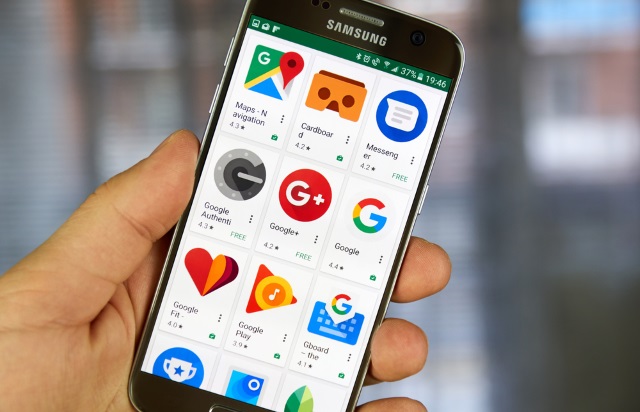
Google reveals the Android Excellence collection for Fall 2017
Google has unveiled the latest collections of best games and apps for Android. The company introduced the Android Excellence program earlier in the year, and now it has taken the wraps off the lists for Fall 2017.
These are not necessarily new titles, so as you browse through the collections you're likely to see a number of familiar names. In all, there are dozens of Android Excellence Apps and Android Excellence Games.
Watch Google's Pixel 2 launch here, live
Google’s Pixel smartphones were among the best Android flagships released last year, and Google is expected to announce their successors today.
In addition to the Pixel 2 and Pixel 2 XL smartphones, we’re also expecting the search giant to reveal other products, including a new Google Home, a new Daydream headset, and a new Chromebook.

Google releases new Android Wear beta... that's only compatible with one watch
Google has released a new beta version of Android Wear, but it's an update that's going to be of interest to a very limited number of people. For testing in the real world, the beta is only compatible with the LG Watch Sport.
While this may sound like a serious limitation -- well, it is really -- Google is quick to point out that anyone can try out the beta by installing the Android emulator. But what can you expect to find in this new release?
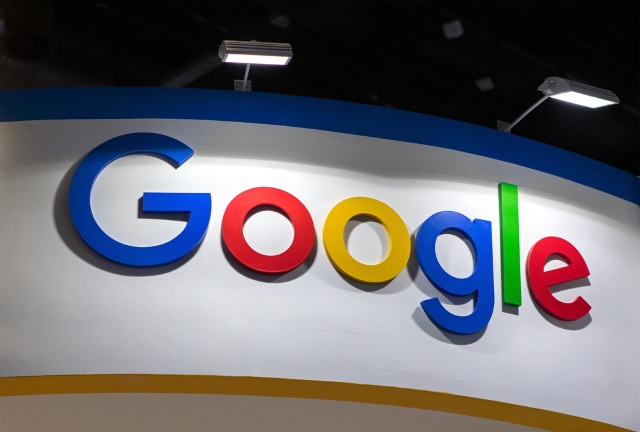
Google changes its approach to news subscriptions, scraps First Click Free policy
Google has announced changes to the requirements it places on websites that provide news on a subscription basis. With a large number of news sites locking content away behind a paywall, Google had required publishers to provide people with access to three free articles per day or face demotion in search results.
Scrapping what was known as the First Click Free Policy, Google is dropping any such requirement to provide free access to content. A new approach -- Flexible Sampling -- lets publishers decide how many, if any, free articles they provide.
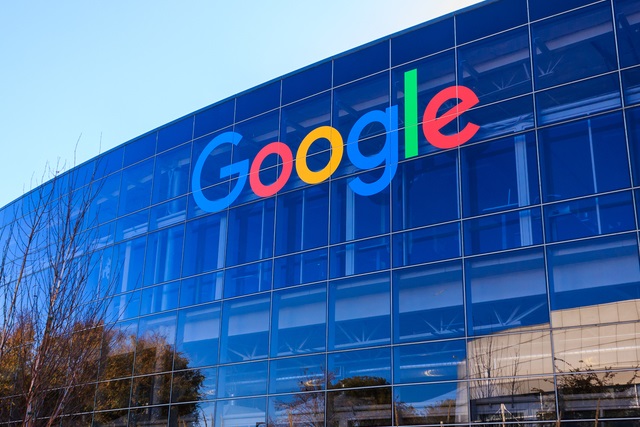
Google reveals why it killed NFC Smart Lock in Android
It recently came to light that Google had killed off NFC Smart Lock in Android -- without telling anyone. Now the company has come clean about just why the feature was given the chop.
Google says that "in the case of NFC unlock, we've seen extremely low usage," adding that there are now many more ways of unlocking Android devices. But while Google points to features such as On-Body detection, fingerprint scanning and Trusted Places, fans of the missing feature say that none of these are comparable.
